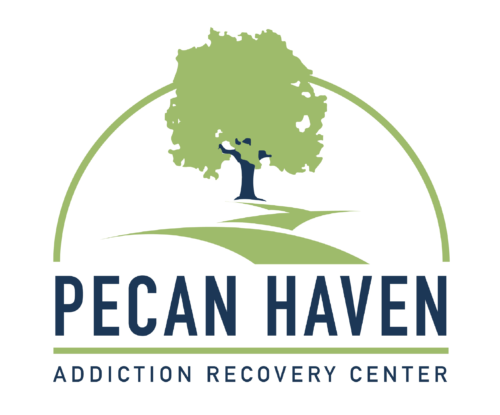The liver is a vital organ responsible for numerous essential functions, including detoxification, protein synthesis, and the production of biochemicals necessary for digestion. However, excessive alcohol consumption can severely impact the liver, leading to a range of health issues. Understanding how alcohol affects your liver is crucial for recognizing the importance of moderation and seeking help if needed.
The Liver and Its Functions
The liver performs over 500 functions vital to maintaining good health. Some of these functions include:
- Filtering toxins from the blood
- Producing bile to aid in digestion
- Storing energy in the form of glycogen
- Regulating blood clotting
- Metabolizing drugs and alcohols
Given its critical role, any damage to the liver can have widespread effects on overall health.
How Alcohol Affects the Liver
When you consume alcohol, it is absorbed into the bloodstream through the stomach and intestines. The liver then metabolizes the alcohol to break it down and remove it from the body. This process involves the following steps:
- Conversion to Acetaldehyde: Alcohol is converted to acetaldehyde, a toxic substance that can damage liver cells.
- Conversion to Acetate: Acetaldehyde is then further broken down into acetate, which is eventually converted to water and carbon dioxide for elimination.
Stages of Alcohol-Related Liver Disease
Chronic alcohol consumption can lead to progressive liver damage, which typically occurs in three stages:
- Fatty Liver (Steatosis): The first stage of liver disease caused by alcohol, known as fatty liver, occurs when fat builds up in the liver cells. This stage is usually reversible with abstinence from alcohol.
- Alcohol Hepatitis: Prolonged heavy drinking can lead to inflammation of the liver, known as alcoholic hepatitis. Symptoms can range from mild (jaundice, fatigue) to severe (liver failure). While this condition can be reversible, severe cases can be life-threatening.
- Cirrhosis: The most severe stage, cirrhosis, involves significant scarring of the liver tissue, which impairs liver function. This damage is often irreversible and can lead to liver failure, necessitating a liver transplant in severe cases.
Symptoms of Liver Damage
Early stages of liver damage may not present noticeable symptoms. However, as the condition progresses, symptoms may include:
- Jaundice (yellowing of the skin and eyes)
- Abdominal pain and swelling
- Chronic fatigue
- Nausea and vomiting
- Loss of appetite
- Easy bruising or bleeding
Prevention and Treatment
The best way to prevent alcohol-related liver disease is to limit alcohol consumption. For those who already have liver damage, the following steps can help manage the condition:
- Abstinence: Stopping alcohol consumption is crucial.
- Healthy Diet: Eating a balanced diet rich in fruits, vegetables, and lean proteins can support liver health.
- Medical Treatment: Medications may be prescribed to manage symptoms and complications. In severe cases, a liver transplant might be necessary.
Seeking Help
Understanding how alcohol affects your liver is crucial for making informed decisions about your health. Excessive alcohol consumption can lead to severe liver damage, but with the right support and treatment, recovery is possible. Pecan Haven Addiction Recovery Center is committed to helping individuals overcome addiction and reclaim their health.
If you or a loved one is struggling with alcohol addiction, seeking professional help is essential. At Pecan Haven Addiction Recovery Center in Louisiana, we offer a range of treatment programs designed to support individuals on their journey to recovery. Our services include residential treatment programs, intensive outpatient programs, and residual detox programs.
Our dedicated team is here to provide comprehensive care tailored to your unique needs. Don’t wait until it’s too late. Contact us today at (318) 600-3333 to learn more about our programs and how we can help you or your loved one achieve lasting sobriety and liver health.


Recent Comments